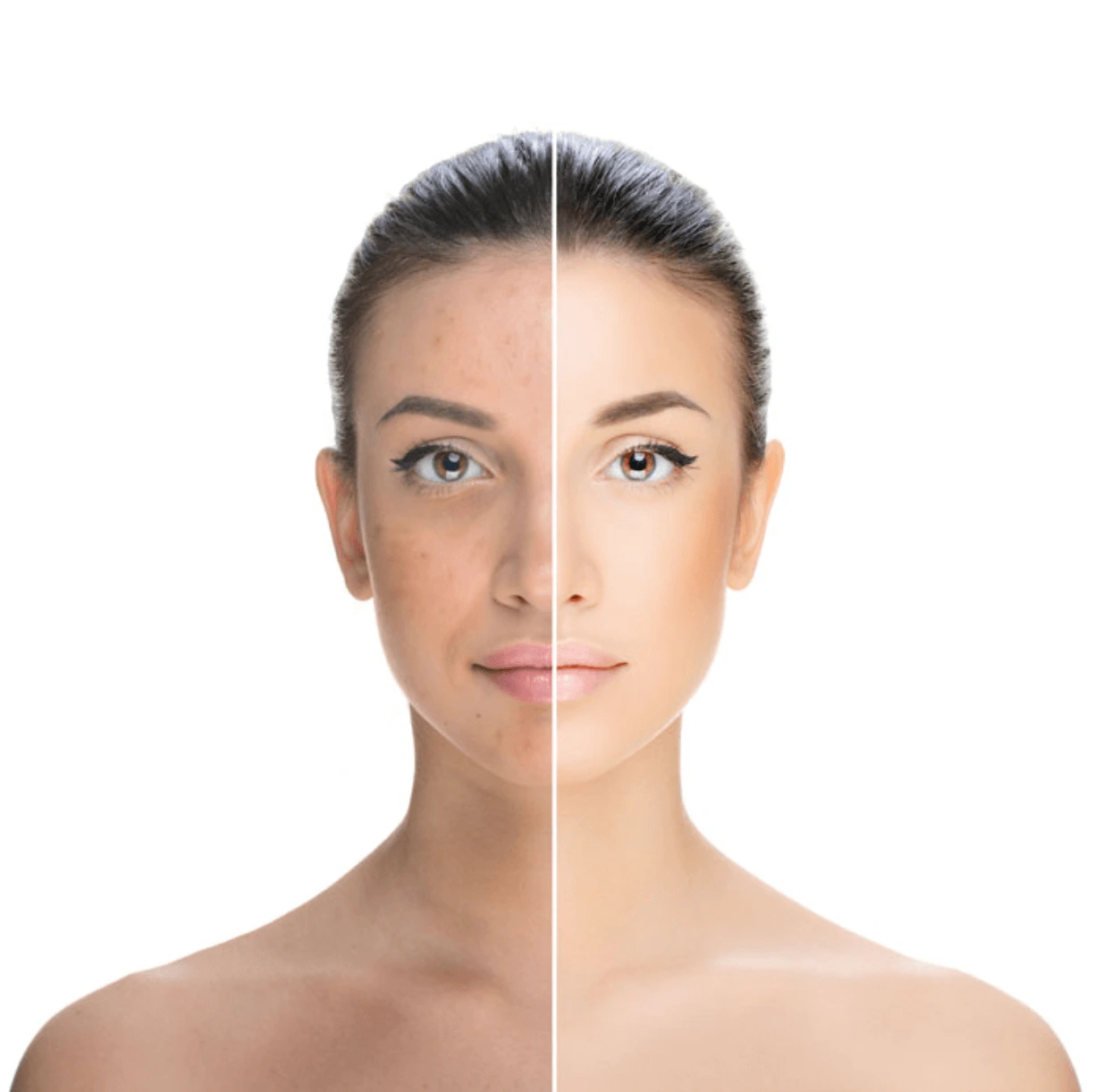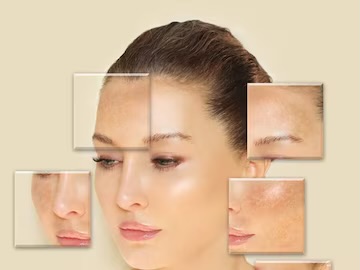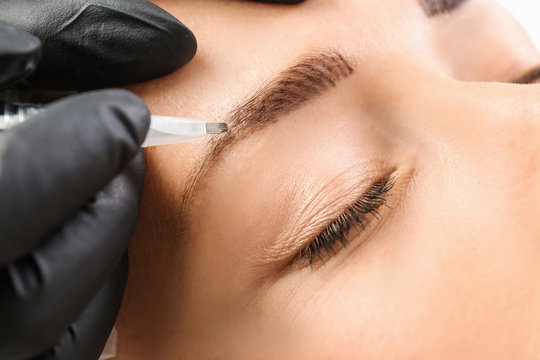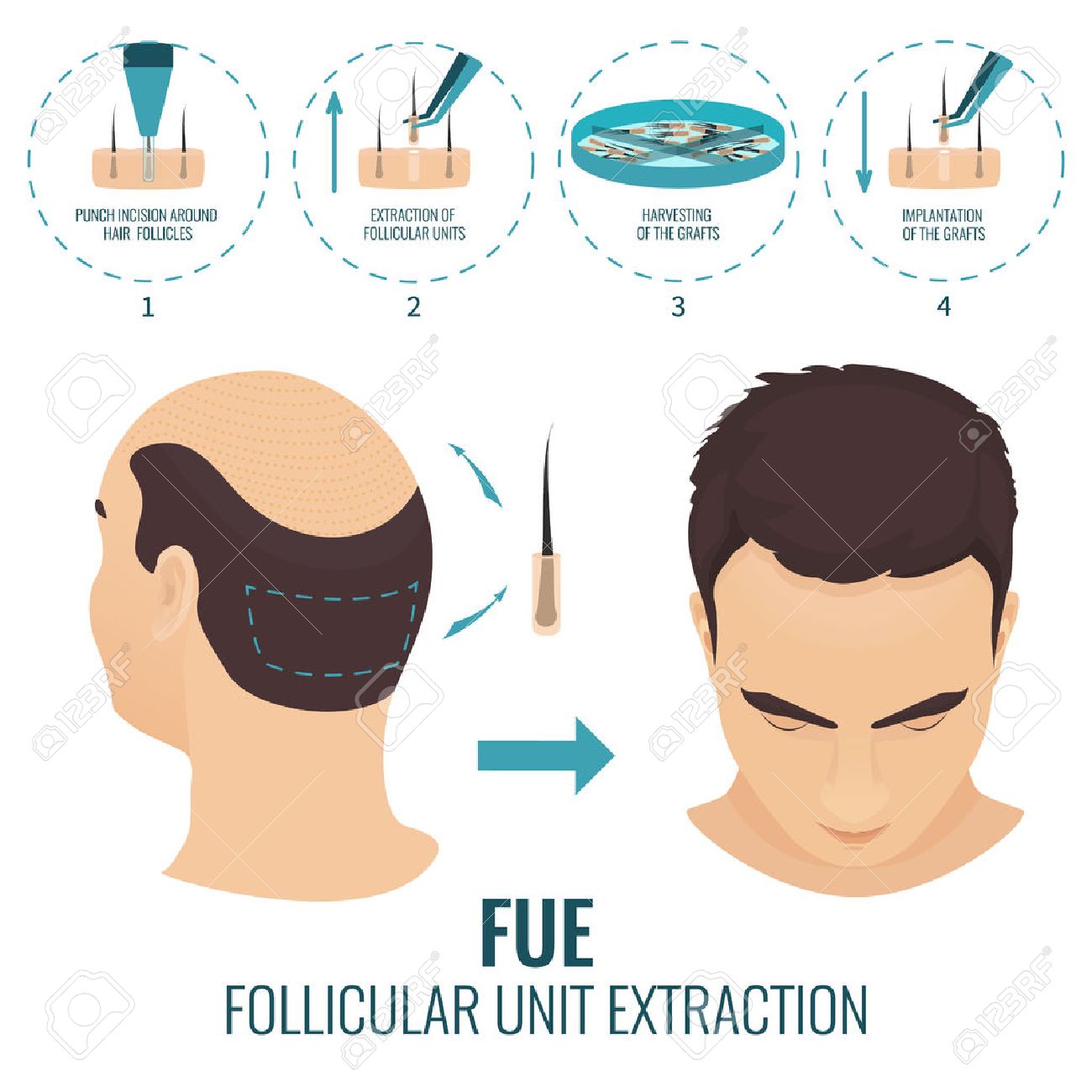Hyperpigmentation

Demystifying Hyperpigmentation: Causes, Treatments, and When to Seek Professional Help
Hyperpigmentation is a common skin concern that affects people of all ages and skin types. Characterized by dark patches or uneven skin tone, it can impact confidence and self-esteem. While often harmless, hyperpigmentation can be stubborn and difficult to treat without understanding its root causes. Understanding what hyperpigmentation is, its treatment options and when to consult a dermatologist is essential for anyone looking to achieve clear and radiant skin.
What Is Hyperpigmentation?
Hyperpigmentation refers to darkened areas of the skin caused by an overproduction of melanin, the pigment responsible for your skin’s colour. These patches can range from small spots to larger areas of discoloration, appearing anywhere on the body but are most common on the face, hands, and chest.
Common Causes of Hyperpigmentation
1. Sun Exposure - Prolonged exposure to the sun stimulates melanin production, leading to sunspots or age spots.
2. Hormonal Changes - Hormonal fluctuations, especially during pregnancy or menopause, can trigger melasma—a type of hyperpigmentation often seen on the face.
3. Post-Inflammatory Hyperpigmentation (PIH) - Acne, injuries, or skin conditions like eczema can leave behind dark marks as the skin heals.
4. Medications and Medical Conditions - Certain medications (e.g., chemotherapy medications) and medical conditions like Addison’s disease can cause pigmentation changes.
5. Genetics - Some individuals are genetically predisposed to hyperpigmentation.
Types of Hyperpigmentation
1. Melasma
• Often triggered by hormonal changes.
• Appears as symmetrical dark patches, typically on the cheeks, forehead, or upper lip.
2. Sunspots (or Age Spots)
• Caused by UV exposure.
• Common in areas frequently exposed to sunlight, like the face, hands, and arms.
3. Post-Inflammatory Hyperpigmentation (PIH)
• Develop after skin trauma, such as acne scars or injuries.
4. Freckles
• Genetic and triggered by sun exposure.
Effective Treatments for Hyperpigmentation
1. Topical Treatments
• Hydroquinone: A gold-standard skin-lightening ingredient that reduces melanin production.
• Retinoids: Accelerate skin cell turnover to fade pigmentation over time.
• Vitamin C: Brightens skin and inhibits excess melanin production.
• Kojic Acid & Azelaic Acid: Naturally derived ingredients effective in reducing dark spots.
2. Chemical Peels
• Use of glycolic, salicylic, or lactic acid to exfoliate the skin and lighten dark spots.
3. Laser Therapy
• Targets and breaks down melanin deposits. Advanced options include Q-switched lasers and fractional CO2 lasers.
4. Microneedling
• Stimulates collagen production to improve skin texture and reduce pigmentation.
5. Prescription Medications
• Oral treatments can help manage melasma and stubborn pigmentation.
Natural Remedies for Hyperpigmentation
While less potent than professional treatments, natural remedies may help lighten mild pigmentation:
• Aloe Vera: Contains aloesin, which can reduce melanin production.
• Licorice Extract: Brightens skin and reduces inflammation.
• Green Tea Extract: Protects against UV damage and reduces pigmentation.
When to Seek Professional Help
1. Persistent or Severe Pigmentation
If over-the-counter treatments don’t work or pigmentation worsens, consult a dermatologist.
2. Rapid Changes in Spots
Dark spots that grow quickly or change in shape and size may indicate a more serious condition, like skin cancer.
3. Emotional Impact
If hyperpigmentation affects your confidence or quality of life, seeking professional help can offer effective solutions.
Preventing Hyperpigmentation
1. Daily Sun Protection
• Use a broad-spectrum sunscreen with SPF 30 or higher.
• Reapply every two hours, especially when outdoors.
2. Avoid Picking on Skin
Picking at acne, scabs, or rashes can lead to post-inflammatory hyperpigmentation.
3. Follow a Skincare Routine
• Include antioxidants like Vitamin C to protect and brighten skin.
• Gently exfoliate to remove dead skin cells.
4. Treat Underlying Conditions
Manage conditions like acne or eczema promptly to prevent PIH.
Hyperpigmentation is a manageable condition, but treating it effectively requires understanding its causes and using the right approach. From topical treatments to advanced dermatological procedures, there are numerous options available. Prevention, such as consistent sun protection and proper skincare, is key to maintaining a clear and even complexion.
If you’re struggling with hyperpigmentation and need expert guidance, don’t hesitate to schedule a consultation with a doctor. Lejeune Medspa offers personalized treatment plans to help you achieve radiant, healthy skin.
Book a consultation today to learn how we can transform your skincare journey!
Please always consult with your doctor!
As the owner of a Boutique Skin Clinic, Dr Shuba Dharmana is considered one of the top dermatologists in Bangalore.
Lejeune Medspa | Boutique Skin Clinic, Bangalore
Contact: +91 98451 04890
By Maansi Chodha







